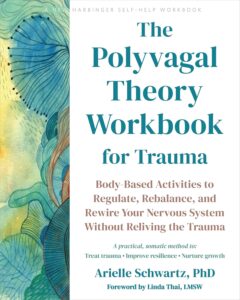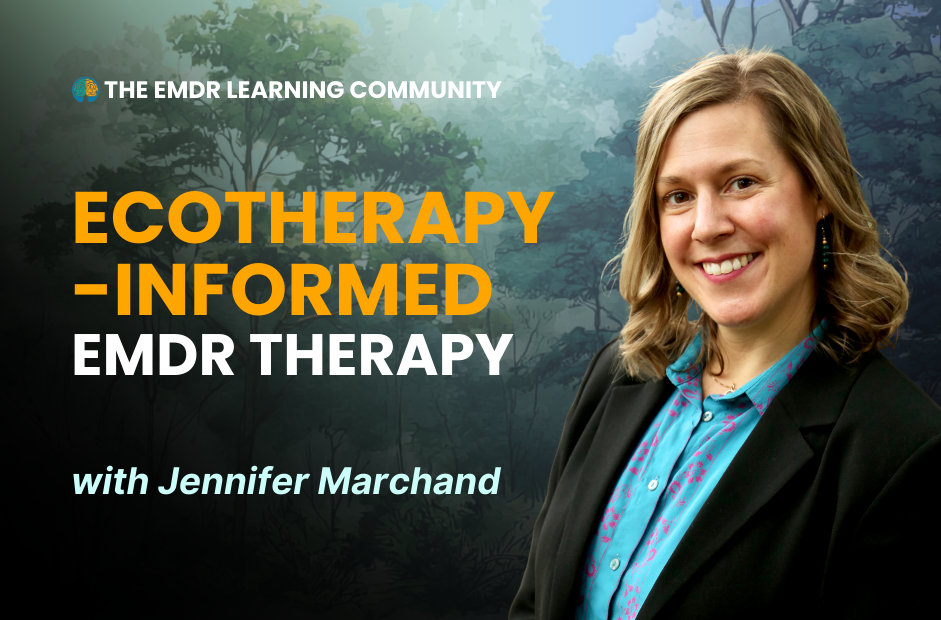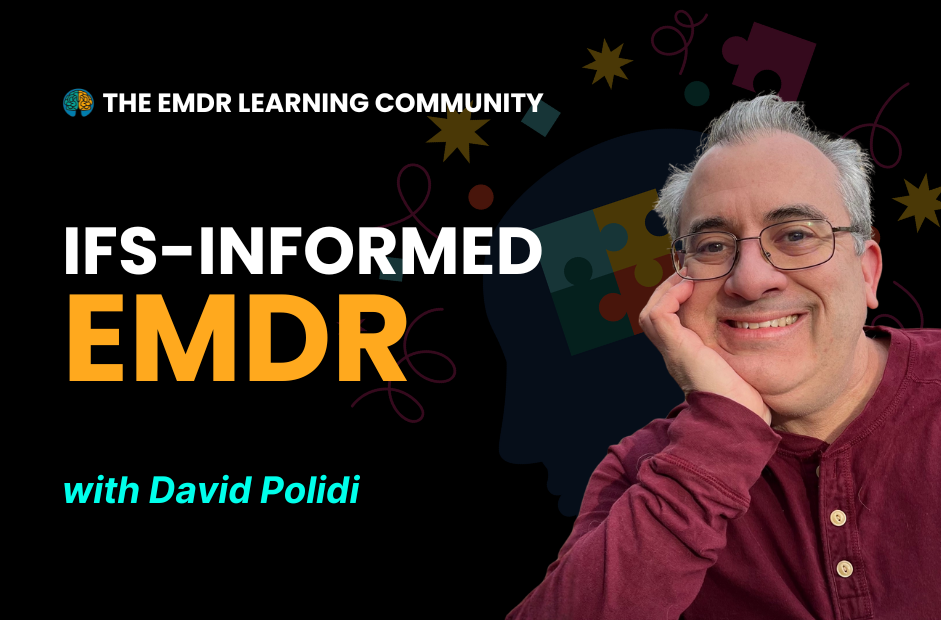OVERVIEW
Discover how Polyvagal Theory enhances EMDR Therapy!
This in-depth discussion explores how the Polyvagal Theory supports EMDR therapy by addressing the physiological states that influence healing. Dr. Stephen Porges, originator of the Polyvagal Theory, joins Karen Onderko and Jillian Hosey to discuss how the Safe and Sound Protocol (SSP), a music-based intervention grounded in neuroscience, can help clients shift from threat to safety. The conversation highlights how SSP can be integrated with EMDR to enhance emotional regulation, connection, and readiness for reprocessing. Whether you’re a therapist, trauma specialist, or simply curious about the mind-body connection, this dialogue offers fresh perspectives on fostering healing through safety and co-regulation.
Topics Covered:
- The Origins of Polyvagal Theory
- Understanding the Safe and Sound Protocol
- Heart Rate Variability (HRV)
- Neuroception: Understanding Threat and Safety
- Titration in Therapy: A Fluid Approach
- A Deeper Understanding of Filtration
- Integrating SSP and EMDR
SPEAKERs
Stephen W. Porges, Ph.D., is a Distinguished University Scientist at Indiana University, where he is the founding director of the Traumatic Stress Research Consortium in the Kinsey Institute. He is Professor of Psychiatry at the University of North Carolina and Professor Emeritus at both the University of Illinois at Chicago and the University of Maryland.
He served as president of the Society for Psychophysiological Research and the Federation of Associations in Behavioral & Brain Sciences and is a former recipient of a National Institute of Mental Health Research Scientist Development Award. He is the originator of the Polyvagal Theory, a theory that emphasizes the importance of physiological state in the expression of behavioral, mental, and health problems. He is the creator of a music-based intervention, the Safe and Sound Protocol ™ , which is used by more than 3,000 therapists to improve spontaneous social engagement, reduce hearing sensitivities, and improve language processing.
Karen Onderko is committed to advancing the understanding of the nervous system through Polyvagal Theory to enhance therapeutic care and foster greater connection and acceptance among individuals. She was instrumental in transitioning Dr. Stephen Porges’ Safe and Sound Protocol (SSP) from the laboratory into practical, widespread use as an accessible tool now available to therapists across various disciplines worldwide.
Karen was the director of research and education for Integrated Listening Systems and Unyte Health and is a co-founder and current board member of the Polyvagal Institute. Before her work in neuroscience, she spent the first half of her career specializing in financial risk management, teaching the use of derivatives to international and central bankers, and managing an options business to ensure the safety of retirement investments. Karen holds a degree from Georgetown University and lives in Denver, Colorado, with her husband and three daughters.
Join Our Thriving EMDR Learning Community Now!
In the EMDR community we learn together, we save time, and connect over our never-ending journey of mastering the art & science of EMDR.
- Want to learn more about EMDR integration with other models?
- Wondering what to do when the standard protocol doesn't work?
- Want to connect with a community of EMDR practitioners?

Want to Learn More About How the Safe and Sound Protocol Can Support Your EMDR Practice?
Explore the science of safety and connection!
Discover more about SSP and its integration with EMDR Therapy.
RESOURCES
Want to Learn More About SSP and EMDR Therapy
RELATED POSTS
See Our Other Posts

ReWilding EMDR with Jackie Flynn, Jackie Flynn, Alisha Denham and Catherine Denham
Join us for ReWilding EMDR with Jackie Flynn, Jackie Flynn, Alisha Denham and Catherine Denham as they explore the Healing Process by Partnering with Nature. This discussion focuses on restoring EMDR to a state of natural flow and vitality by inviting nature in as a co-therapist .
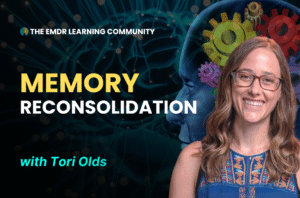
Memory Reconsolidation with Dr. Tori Olds
Discover the science of Memory Reconsolidation with Dr. Tori Olds, the brain’s indigenous mechanism for updating deep emotional learnings held in implicit memory. This profound form of neuroplasticity explains how experiential therapies like EMDR, IFS, and AEDP lead reliably to therapeutic breakthroughs by setting up experiences that dissolve core unconscious beliefs and schemas.
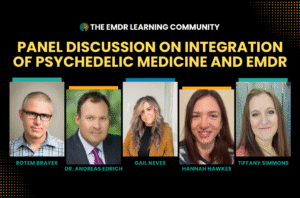
EMDR Therapy & Psychedelics: A Cross-Disciplinary Conversation
Join us explore the powerful cross-disciplinary conversation surrounding EMDR Therapy and Psychedelics: Trauma Healing Integration. Experts discuss into how psychedelic medicines like Ketamine, Psilocybin, and MDMA are combined with EMDR therapy to optimize healing outcomes for complex trauma. Watch now!




